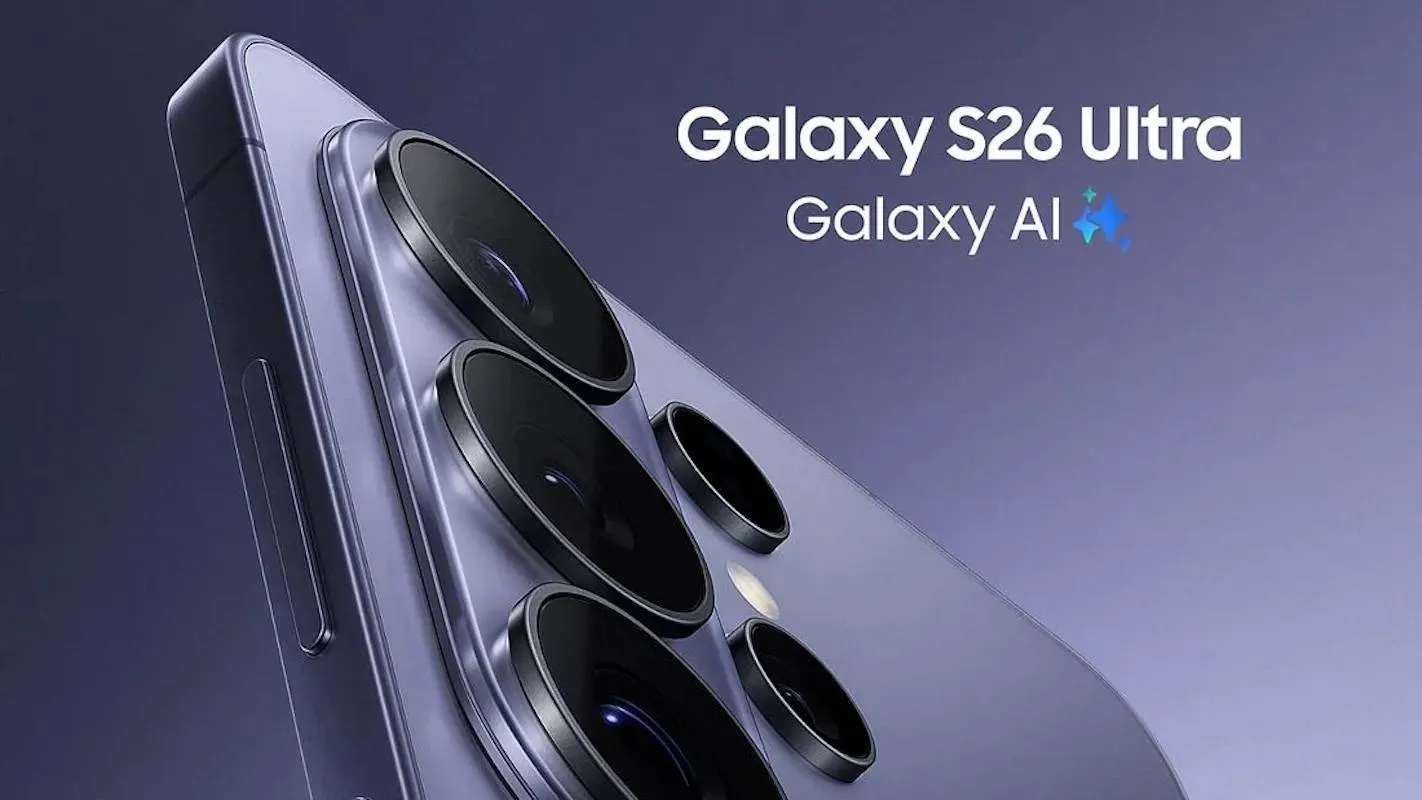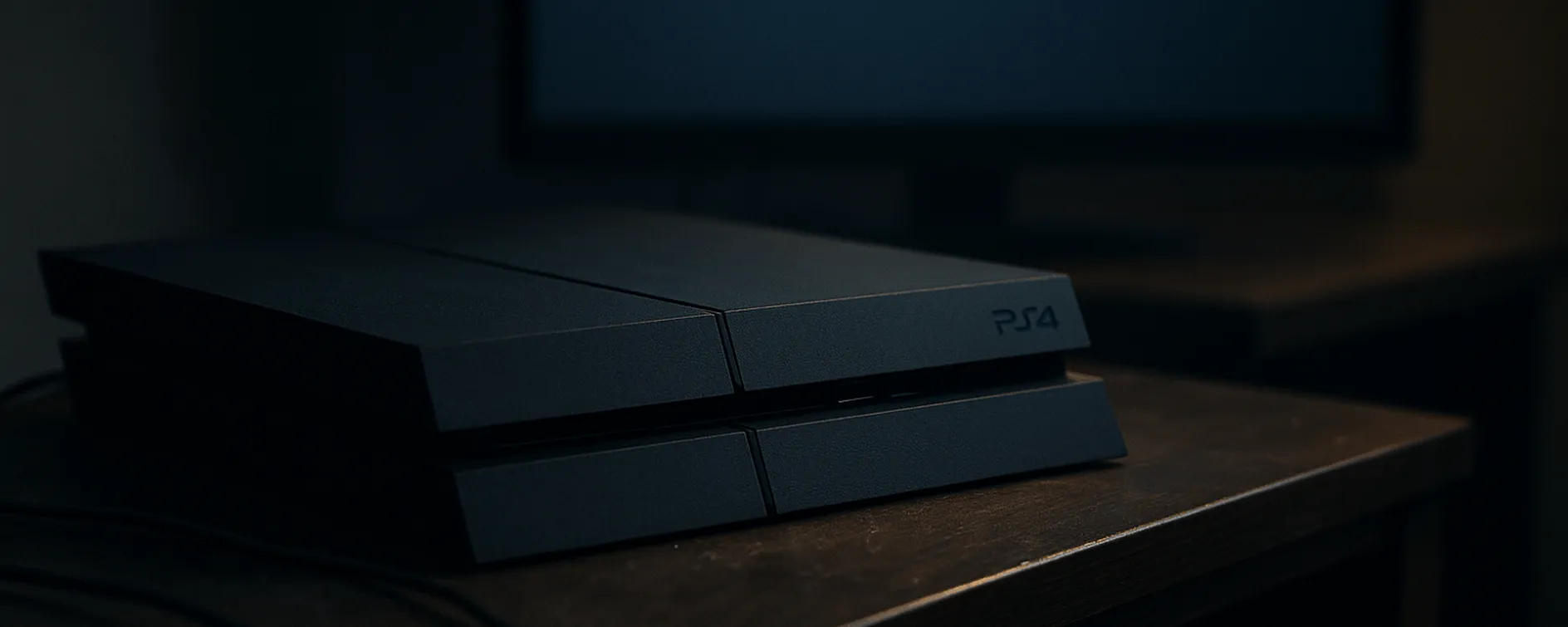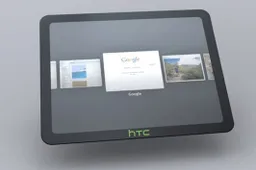
Over the past few weeks we have come across a few articles describing the Pros and Cons of buying an Android Tablet vs. an iPad. The arguments usually discuss the benefits of buying the costlier Apple tablet over the much more affordable Android alternatives.
We don’t agree however and here's why!
We don’t agree however and here's why!
Argument for Apple:
“If I buy an Apple iPad I am guaranteed firmware updates.”
Fact:
No, you are not. I have a perfectly good iPhone, but am I able to update it to 4.2.1? No, I am not, because Apple has dropped support for it.
Argument For Apple:
“I have a 2nd generation iPod Touch and I can run the latest Apple firmware update”
Fact:
Congratulations! you have old hardware running a bloated modern firmware, which really needs current generation CPU and RAM to run at its full potential. Don’t believe us? Try opening a large email inbox on a 2G iPod running iOS 4.0+, and while you wait make yourself a coffee and have a shower!
Argument For Apple:
“Some Android tablets come with an old firmware that cannot be updated”
Fact:
This is true, but lets take a look at two things here.
- Most Apple updates are only made to prevent Jailbreaking, which is something Google and Android don’t have to worry about. So, most updates bring very little benefit to the system.
- A tablet running Android 1.6 is optimized for 1.6. If you update it to 2.1 you are going to spoil your user experience. However, if you’re on 2.1 chances are you CAN update to 2.2 or even 2.3.
Argument For Apple:
“Apple products always ship with the latest firmware”
Fact:
Again not true. iPad owners had to wait months for a 4.2 update on their iPads, while iPhone and iPod users got it from day one!
Argument For Apple:
“Apple products have custom made components and a purpose built OS making the package run flawlessly”
Fact:
Most of the components for the iPad are sourced from Samsung. Now, take a look at the majority of current Android tablets and you will find Samsung CPU’s based on the same ARM Cortex A8 architecture the Apple chip is.
In fact, most Android CPU’s are based on the Cortex A8 regardless of who makes them!
As for the O.S, manufacturers choose the version of Android which fits the specifications of the tablet. If you get something cheaper with lower level equipment you get an older OS which will be more stable on the hardware, newer tablets get better specs and newer Android OS, how is that different from Apple? Buy a cheap iPhone 3G and you’ll get a different O.S to the more expensive iPhone 4. Sure they have the same version numbers, but they are in fact different operating systems.
In fact, most Android CPU’s are based on the Cortex A8 regardless of who makes them!
As for the O.S, manufacturers choose the version of Android which fits the specifications of the tablet. If you get something cheaper with lower level equipment you get an older OS which will be more stable on the hardware, newer tablets get better specs and newer Android OS, how is that different from Apple? Buy a cheap iPhone 3G and you’ll get a different O.S to the more expensive iPhone 4. Sure they have the same version numbers, but they are in fact different operating systems.
Argument for Apple:
“When buying an Apple product I get the best specification available”
Fact:
Really? The last time we checked the iPad has 256mb of RAM where as most Android Tablets get 512Mb. The iPad is limited to internal storage, where as Android tablets get SD card expansion. The CPU in the (current) iPad is 1Ghz, as are the majority of CPU’s in Android tablets. The screen on the iPad is a 9.7” capacitive screen, same as the Android alternatives. The iPad only gets a 30-pin dock connector, but most Android Tablets get USB’s and HDMI out.
Argument for Apple:
“I can get quality applications from the App Store”
Fact:
All of the popular Applications for iOS are also available in the Android Market! Android tablets aren’t limited to using just the Android market though, as you’re free to download from other sites without any hacking or modification. Try doing that on your iPad and see what happens to your warranty!
I could go on for hours, but I think I’ve proved my point.
In the end however it comes down to personal preference, and you will end up buying what you prefer, but at least now you have a better idea of the Android side of things.
In the end however it comes down to personal preference, and you will end up buying what you prefer, but at least now you have a better idea of the Android side of things.
And before you start shouting ‘fan boy’ I’m writing this on a Mac, with my Android phone next to me. My kids are on the iPad while my wife is browsing the web on an Android tablet (while also checking her email and using Gtalk, try doing that on the iPad!)
Follow us on Twitter for more Android Tablet news and related articles.
Loading





